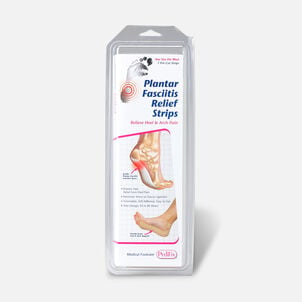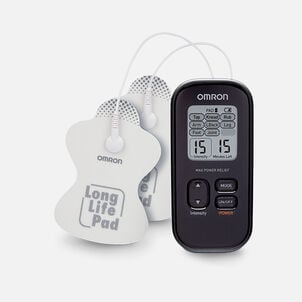HSA Headlines - 9/14/18 - Healthcare surprises and rethinking traditional retirement planning

Over the last few weeks, we've covered the potential expansion of HSA contribution limits making its way through Congress, but this week we return to the biggest benefits that an HSA offers: a rainy day fund for unexpected healthcare expenses and a surprisingly versatile way to save for retirement.
In this week's edition of HSA Headlines, we'll cover a major change in the prevailing thinking around retirement savings, and a surprising trend in American healthcare that most people never expect to happen to them. Let's get started!
Majority of people have received unexpected medical bills in the past year -- Scott Woolridge, BenefitsPro
Think you know your insurance policy front to back? Paying out-of-pocket for an expense you thought was covered may seem like a rarity, but according to a new study from NORC at the University of Chicago, it is actually more common than we might think.
In a survey of 1,000 American adults over the past year, nearly 60% received a bill for a medical expense they thought was covered by their insurance plan.
The breakdown of services is even more illuminating: 53% said the surprise charges were for physician services, followed by laboratory tests (51%), other charges (43%), imaging (35%) and prescription drugs (29%). So what does this all mean? While consumer education efforts around healthcare have improved dramatically in recent years, a majority of Americans are still confused by their insurance and struggle to understand benefit design.
Luckily, HSA users already have a "rainy day" fund that can cover a vast majority of these medical expenses, so this is one of the best ways to prepare for the unexpected.
Stop making 401(k) contributions: Fund your HSA first -- Robert C. Lawton, Forbes
If you ask most HSA brokers, most will tell you that these accounts make a fantastic supplement to traditional retirement planning, but this is the first financial analyst to our knowledge who advocates an "HSA-first" philosophy! But his argument does make a lot of sense.
First and foremost, maximizing your contribution can help you reduce how much you pay in taxes in each paycheck, while being able to cover medical expenses tax-free during your working years. Most importantly, there are no requirements with HSAs to take minimum distributions from these accounts. 401(k)s and IRAs require minimum distributions at age 70.5, which are taxable, while HSA withdrawals for medical expenses are tax-free.
Additionally, with the ability to invest your HSA funds to grow your contribution over the course of your career and the freedom to withdraw health savings dollars for non-medical expenses after age 65 (taxed as income), it's no wonder these accounts are becoming a fixture in American financial portfolios.
HSA Headlines is a weekly roundup of the latest, most relevant news and conversations about your health savings. It appears every Friday, exclusively on the HSA Learning Center. And for more about your physical and financial well-being, be sure to follow us on Facebook and Twitter.





